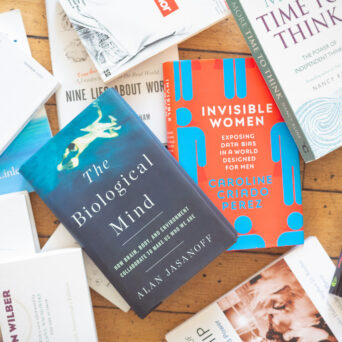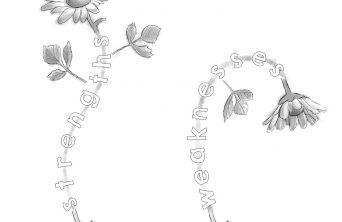We are good at spotting danger, having our attention caught by drama and threat. It is very natural for this to then escalate into anxiety and panic, especially when we can’t obviously ‘defeat’ the threat.
But we are also good at becoming aware of our thinking and our behaviour. We can notice what is happening.
We can then choose to do something different.
Viktor Frankl wrote his book ‘In Search of Meaning’ about how he survived Auschwitz. He deliberately chose to manage his thinking. He focused his attention on anything that was good, for example, when the sky was blue, and when there were any small acts of kindness and compassion. He also chose to think in the present moment. He stopped his thoughts about how his future might play out tomorrow. And he stopped his thoughts about what might have happened to his family.
Whatever is happening we always have some choice.
We can turn off news / social media and notifications
We can look for positive things to focus on – the sky, the warmth of the sun, the beauty of the flowers, the bird song.
We can distract ourselves – escape in our heads with a book or film.
We can be kind and generous to others (which also helps us to feel better).
We can move our bodies (to balance our adrenaline, take us out of our heads, and help us sleep).
We can do the things that we’ve run out of excuses not to do (yoga / mindfulness / craft projects etc.).
Looking after ourselves is not selfish, it’s essential. It gives us the capacity and resources to be able to help others.




